There are a few pieces of research that are giving me a bad case of skeptitis: an inflammation of the part of the brain that makes us skeptical. I’m not saying I have the expertise to refute these, but something about them doesn’t smell right, and that makes me feel twitchy. See if you don’t agree.
Number 1: More Facebook Friends Means Bigger Brain Areas, U.K. Study Finds
A strong correlation was found between the number of Facebook connections and the amount of gray matter, or brain tissue responsible for processing signals, according to research led by Geraint Rees, a senior clinical research fellow at University College London. The results, based on magnetic resonance imaging of 125 college students’ brains, was published today in the journal Proceedings of the Royal Society B.
This reminds me of Dunbar’s primate brain size hypothesis: Primates that have bigger brains have larger social networks. But I think this is meant to apply on the species level, not on the individual level. Sounds fishy.
Number 2: BYU study: Hearing profanity may lead to more aggressive acts
BYU researchers found that middle school students who watched TV and played video games with profanity were more likely to use profanity. And dropping swear words was in turn related to being physically violent and aggressive in how they treat others.
The results were published Monday in the American Academy of Pediatrics’ peer-reviewed journal Pediatrics.
“It’s not like you hear profanity in the media and go and punch somebody. I think of it as a trickle-down effect,” said Sarah M. Coyne, a BYU assistant professor of family life and lead author of the study. “It represents a lack of respect for parents or whoever you’re using it towards. It’s like a slippery slope. You start using it, and it becomes associated with other aggression.”
This one sounds like a theory that your mom might make up, and the fact that this study comes out of the BYU doesn’t help the credibility. It’s very easy for someone to accept a conclusion when it’s something they already believe.
Does swearing really represent a lack of respect? Sometimes, but it could also be used to establish solidarity between people in a social setting. Does the study reflect that usage? How did this get past peer review? Is something broken at Pediatrics? What is an “assistant professor of family life”?
I don’t know if swearing leads to aggression, but I do know that junk science makes me want to jack someone in the gut.
Number 3: Origins of human language: They differently talked
“The man killed the bear” may seem like the obvious ‘right’ way to structure a sentence to an English speaker, but a linguistic duo suggests that the original human language did it differently, saying instead “The man the bear killed.” In a paper in a recent edition of the journal Proceedings of the National Academy of Sciences, they dispute the assertion by some linguistics that the original human language was organized by Subject-Verb-Object, as English is.
…
Many comparative linguists believe that it’s simply not possible to know what languages were like further back than 6,000 or 7,000 years ago. But [Merritt] Ruhlen and [Murray] Gell-Mann believe it’s possible to make inferences about language going back much further, by studying the broad outlines of all the world’s languages.
It is possible to reconstruct past languages by looking at what current languages are like, and if you’re a historical linguist, this is the kind of thing you might do for languages from 1,000 or more years ago. But this gets harder to do the farther you go back, and by about 6,000 or 7,000 years, it’s awfully hard to separate the signal from the noise. Ruhlen and Gell-Mann are trying to go back perhaps 50,000 years, and tell us what the word order of Proto-World is like. This would be very hard to do.
Take a language family like Indo-European. Lots of languages are SVO (or Subject-Object-Verb), lots are SOV, and some have more or less free word order. It would be very difficult to select just one as the indisputably correct word order, and that’s for a language group that’s been well-studied and well-documented. Proto-World? That’s gotta be guesswork.
Am I off-base? Do any of these papers sound fine to you? Put it in comments.
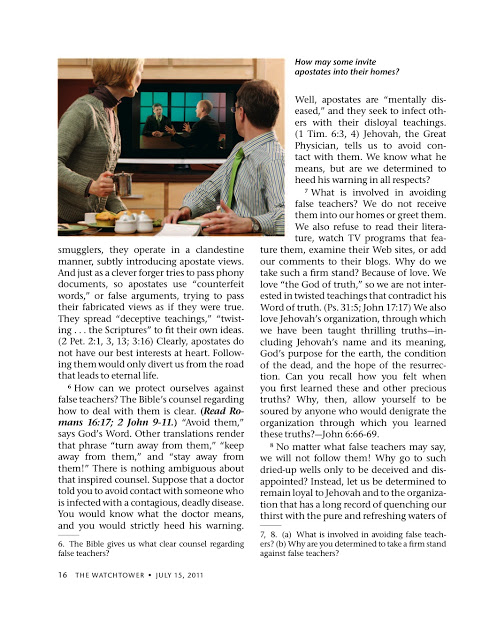

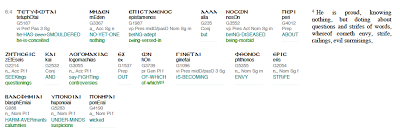



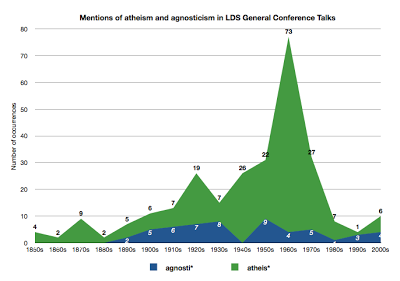

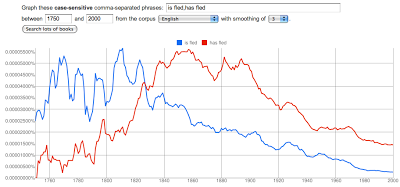

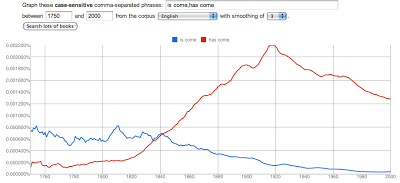
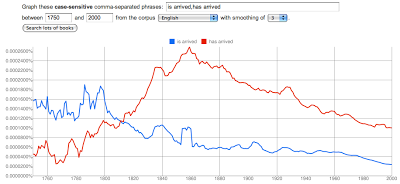
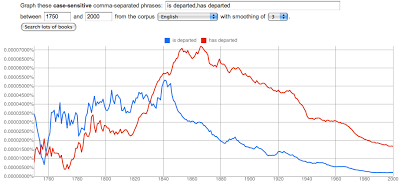


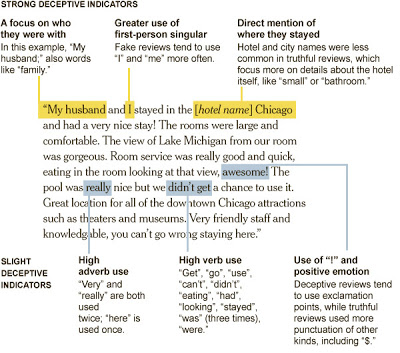

Recent Comments